
Gebundenes Buch
and From Captivity
15. November 2023
GLAGOSLAV PUBLICATIONS B.V.
| Broschiertes Buch | 25,99 € | |
| eBook, ePUB | 9,95 € |
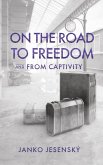
Broschiertes Buch
and From Captivity
15. November 2023
GLAGOSLAV PUBLICATIONS B.V.
9,95 €
Sofort per Download lieferbar
Ähnliche Artikel
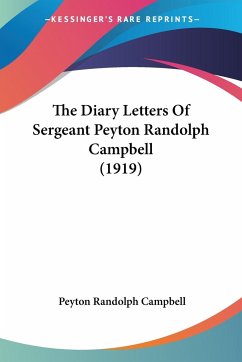
Broschiertes Buch
26. November 2008
Kessinger Publishing, LLC
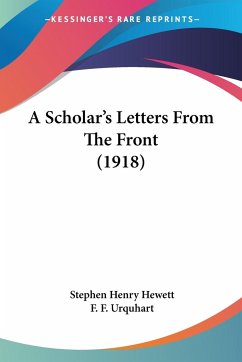
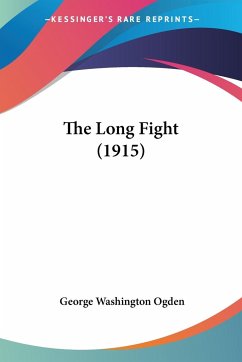
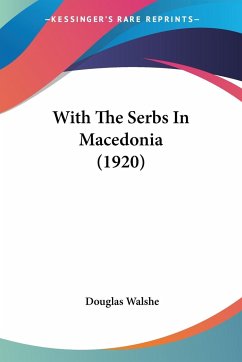
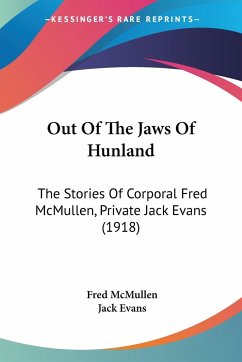
Broschiertes Buch
The Stories Of Corporal Fred McMullen, Private Jack Evans (1918)
2. April 2009
Kessinger Publishing, LLC
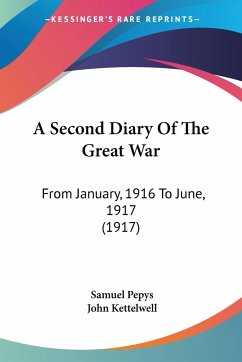
Broschiertes Buch
From January, 1916 To June, 1917 (1917)
13. Juni 2009
Kessinger Publishing, LLC
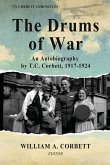
17,99 €
Versandfertig in 1-2 Wochen
Broschiertes Buch
An Autobiography by T.C. Corbett, 1917-1924
18. April 2023
Mission Point Press
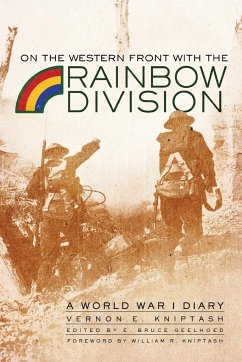
Broschiertes Buch
A World War I Diary
6. Juli 2021
University of Oklahoma Press
Ähnlichkeitssuche: Fact®Finder von OMIKRON
